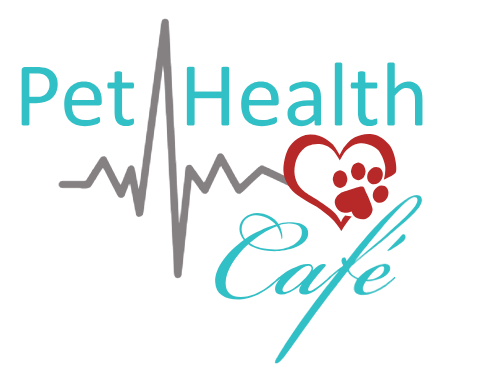We as pet parents, can sense when our pet is not feeling well. They have a lower interest in their food, are sleeping more and maybe have a bit of trouble getting up or down. We worry about our pets and constantly watch over them because of their inability to verbalize their discomfort except through their physical signs and their body language. As stewards of our pets’ health we run to our local veterinarian for an evaluation and tests.
Following a round of testing which usually reflects normal healthy levels, the veterinarian dispenses your pets’ medicines, focusing on the most visible symptom. Their discomfort in getting up and down is most likely age-related joint pain so the veterinarian will most likely prescribe a pain reliever, however one must be careful as they can bring on many side effects.

As a common approach in many of our articles, it is imperative to understand the causes, ask plenty of questions and seek more natural solutions. Most prescription drugs come with warnings about common side-effects. Our issue is that our pets cannot express those effects to us.
A very popular prescribed pain relief drug given to our dogs is Tramadol. While it is touted as a fast-acting painkiller, it does have adverse side-effects as do most pain medicines. It is incumbent for us as pet parents to understand that these are NOT approved by the FDA for use in pets, therefore there is no real dosage recommendations or proper warnings.
Adverse events listed for these drugs can vary from addiction, gastrointestinal problems (vomiting and diarrhea); allergy type symptoms (rashes, thinning coat and runny eyes); neurological symptoms (seizures, tremors, lack of coordination, and anxiety). Studies also show long-term effects on liver and kidney function.
In addition, we must look at the addictive nature of these drugs. Since many of us can be a bit forgetful when it comes to drugs and supplements, what do our pets experience when they do not have their medicine on time? Are they experiencing the same withdrawal symptoms as we would? How do these withdrawal symptoms affect other body systems? What can you as a pet parent do to support your pets’ withdrawal symptoms when you decide on a more natural approach? Why do we expose our pets to all these assaults of synthetic chemicals and drugs that can negatively impact their lives? There are natural approaches that can prevent and mitigate most health-related challenges. First and foremost, we need to know how a body functions naturally and healthy. This understanding of their physiology is necessary to provide your pet with the proper nutritional tools to heal itself. We must also avoid things that do impact the living cells negatively and that have known adverse effects.
BILL – come up with a sentence to say something like this – “They need your love and understanding as this is not their fault. It is imperative to start with a gentle detoxifcation process along with obtaining the proper nutritional counseling to provide the best foods in order build up and repair their now compromised system.
You as your pets’ guardians must do your homework. Except for immediate emergencies, research any drugs or procedures before accepting them. Learn to identify real emergencies from events that are just the body readjusting itself back to health.
Bill Piechocki, nutritionist and Dr. Diane Sudduth, DVM are partners in Fiesta Pet Deli in Pompano Beach, FL, and co-hosts of the PetHealthCafe.com radio show. Our 40 years in the animal field has provided us unparalleled vision and information which we pass to our clients daily. We can be reached at www.PetHealthCafe.com or 800-940-7387. Call us for a free consultation or stop by Fiesta Pet Deli, we would be more than happy to help.

